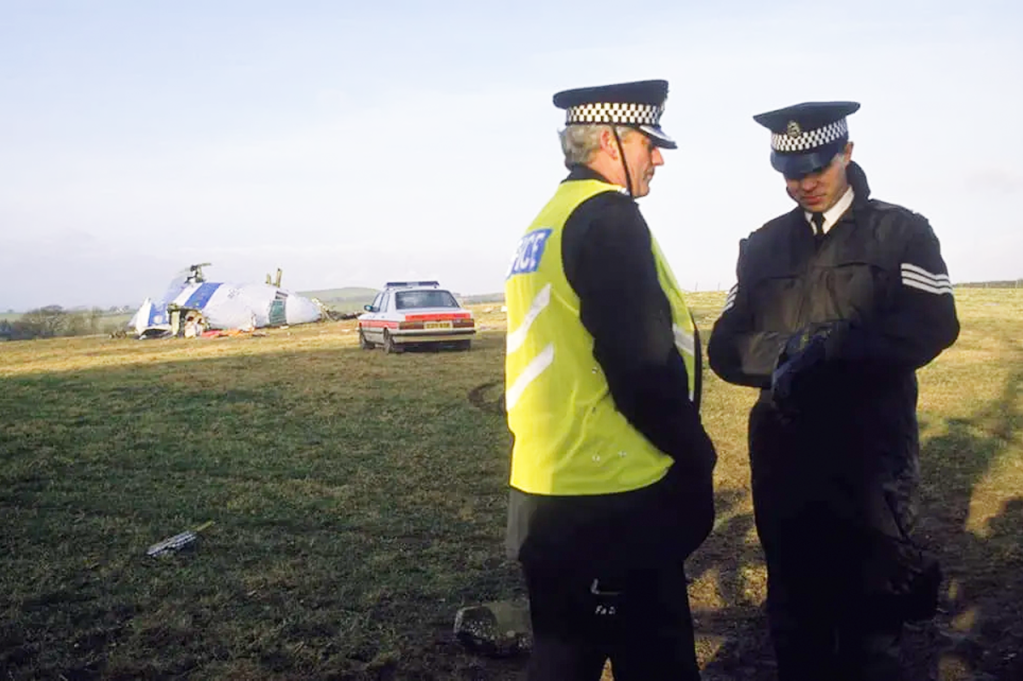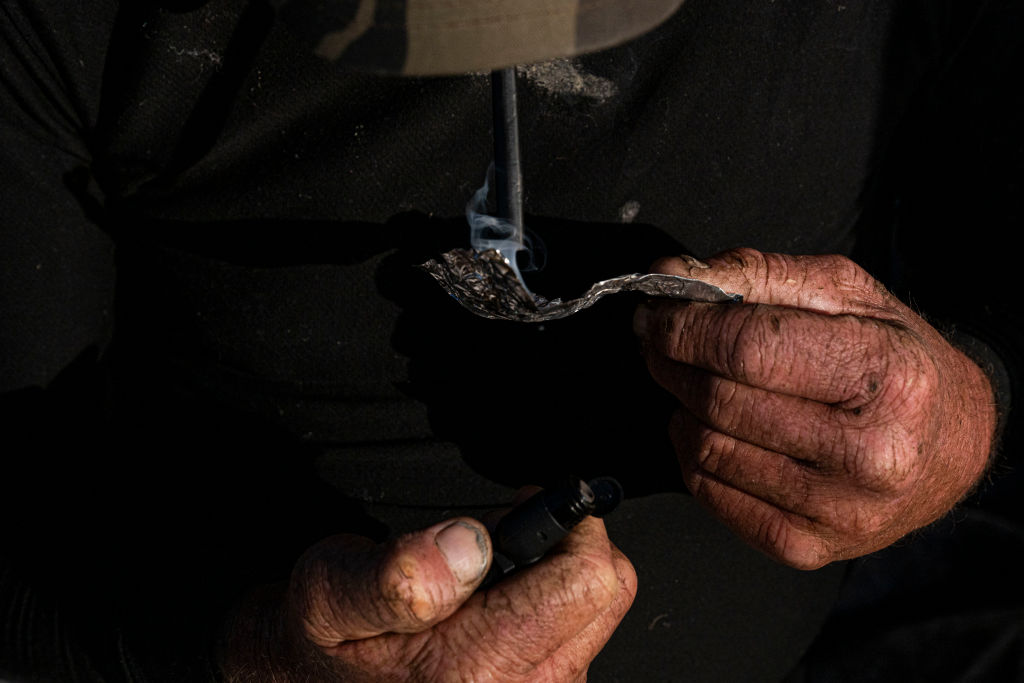Do not be deterred, but do be warned. Rogues isn’t a book book: it’s a kind of high-end sizzle reel, a “best of” articles by Patrick Radden Keefe, a staff writer for the New Yorker. The magazine has always had its stars, among them James Thurber, E.B. White, Joseph Mitchell, Janet Malcolm, Anthony Lane and Malcolm Gladwell. Let’s be honest, Patrick Radden Keefe is not one of them — or wasn’t, until the publication last year of Empire of Pain, his book about the Sackler family and America’s opioid epidemic, based on an old New Yorker article. An overnight sensation, it was years in the making.
In fact if you’ve read the New Yorker over the past decade or so — if you’re a rootless cosmopolitan, say, or a non-Manhattan-dweller of vaguely liberal inclinations who can nonetheless afford both private medical insurance and Condé Nast’s subscription rates — you’ll have come across Keefe’s features. That one about the fine wine fraud? Or about the Dutch gangster and his sister who turned against him? The El Chapo one? The one about the mass shooter who also happened to be a neurobiologist? Deeply disturbing, plainly told tales of everyday and extraordinary wickedness, crookedness and corruption — they’re all Keefe’s.
Rogues is a compilation of these half-remembered pieces — a quick Empire of Pain follow-up — and as entertaining and perplexing a publishing project as any other volume of collected journalism. As Keefe admits in the preface: “The paradox of magazines is that they’re both perishable and permanent” — and more so now than ever. “A big magazine feature used to be as evanescent as cherry blossom: here today, gone next week. Now it’s just a click away, forever.” Here’s a strapline for any truly honest twenty-first-century publishing house: “Books: Why Not Save Yourself the Bother of Clicking?”
Keefe claims that as a journalist he has no “particular beat,” but nonetheless lists his preoccupations as “crime and corruption, secrets and lies, the permeable membrane separating licit and illicit worlds, the bonds of family, the power of denial.” It’s a useful checklist. He’s not really an investigative journalist; there are no proper scoops here. He’s not a Woodward or a Bernstein or a Seymour Hersh. His stories are little moral tales rather than long reports. They function like any other good story: there are twists and reversals, highs and lows, revelations and betrayals.
Perhaps most memorable in this collection is the piece on Ken Dornstein, the brother of a Lockerbie bombing victim, who became an amateur sleuth, devoting his life to investigating the crime. Keefe’s retelling of Dornstein’s quest to discover the identity of his brother’s killers is almost as doggedly relentless as Dornstein’s own determined procedures:
Dornstein ushered me up to the third floor, where two cramped rooms were devoted to Lockerbie. In one room, shelves were lined with books about espionage, aviation, terrorism and the Middle East. Jumbo binders housed decades of research. In the other room, he had papered the walls with mugshots of Libyan suspects… Dornstein derives such clinical satisfaction from his work that he can narrate the grimmest findings with cheerful detachment.
If not exactly cheerful, Keefe’s careful reportage is certainly entertaining. There are plenty of little juicy New Yorker tropes on display. A piece about financial fraud, for example, begins: “As Dr. Sid Gilman approached the stage, the hotel ballroom quieted with anticipation. It was July 29, 2008, and a thousand people had gathered in Chicago for the International Conference on Alzheimer’s Disease.” Intrigued? Sounds familiar? That’s because it’s the beginning of just about every Malcolm Gladwell story ever — and of a thousand imitators since.
Other such tidbits include the retired FBI agent whose cell phone ringtone is the theme from The Good, the Bad and the Ugly; the woman living in hiding who dons a latex mask to surprise Keefe; and pretty much all of the frankly unbelievable exploits of a British paratrooper-turned-TV-producer-turned-chairman-of-MGM-Television-turned-born-again-Christian, Mark Burnett, responsible for assigning a businessman named Donald Trump to a show called The Apprentice and whose great legacy, according to Keefe, is therefore to have “cast a serially bankrupt carnival barker in the role of a man who might plausibly become the leader of the free world.”
Each article ends with a note updating it since its first publication. These afterwords are instructive. Particularly depressing is the coda to the story about the mass shooter Amy Bishop. Keefe notes that she is “still serving her life sentence in Alabama,” blandly adding that her son Seth, “a violinist, like his mother,” was recently shot and killed by a friend. What’s that Larkin line? If Rogues required an epigraph, or Keefe a motto, that would probably be it: “Man hands on misery to man.”
This article was originally published in The Spectator’s UK magazine. Subscribe to the World edition here.

























